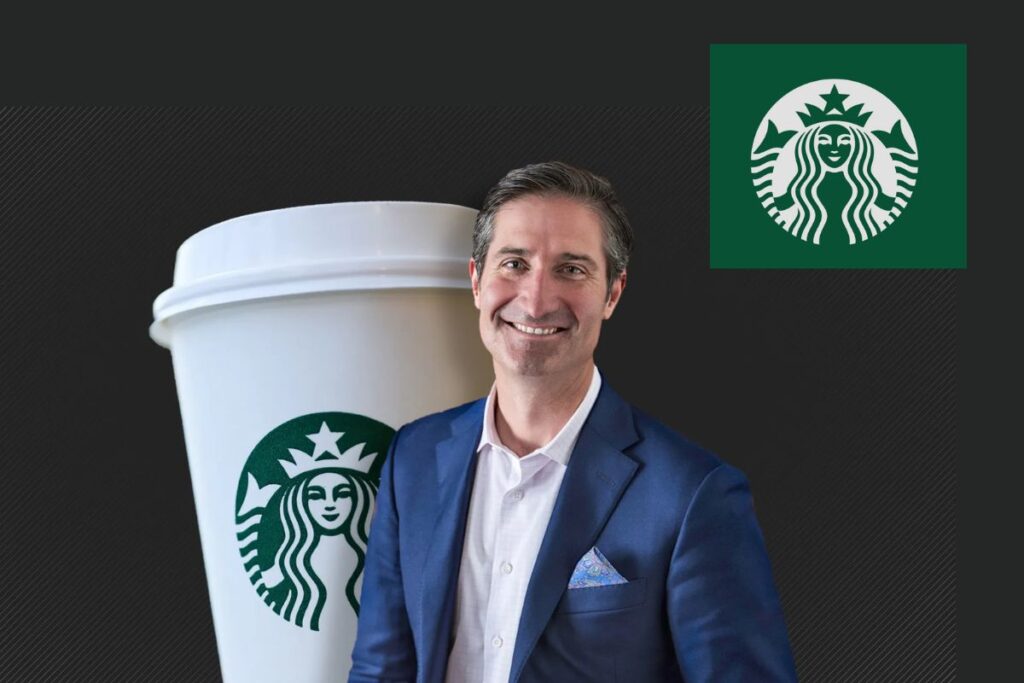Starbucks has reportedly been experiencing a decline in sales for the last three quarters and is trying to make some changes in their game plan. Although the coffee giant has become a popular brand all over the world, even an industry leader needs to refresh with new ideas from time to time to stay relevant and appealing to its customers.
Brian Niccol, the new CEO of Starbucks, is renowned for his success at Taco Bell and Chipotle. He aims to transform Starbucks strategically to address customers’ changing preferences and renew the brand experience.
Niccol is looking to redefine the Starbucks experience and win back customers with creative marketing strategies, operational improvements, and a redefined customer experience. Part of this game plan is to deliver a customized drink to customers in under four minutes. Here’s a closer look at seven major strategies Niccol plans to implement to drive Starbucks’ into the next growth phase.
1. Improving Mobile Order and Pickup Experience
As the use of the Starbucks mobile app continues to become popular, Niccol understands the need to improve the coffee giant’s digital platforms to increase efficiency and ease of mobile orders. Streamlining and improving the mobile order and pickup experience could boost efficiency since 30% of Starbucks’ transactions come from their app.
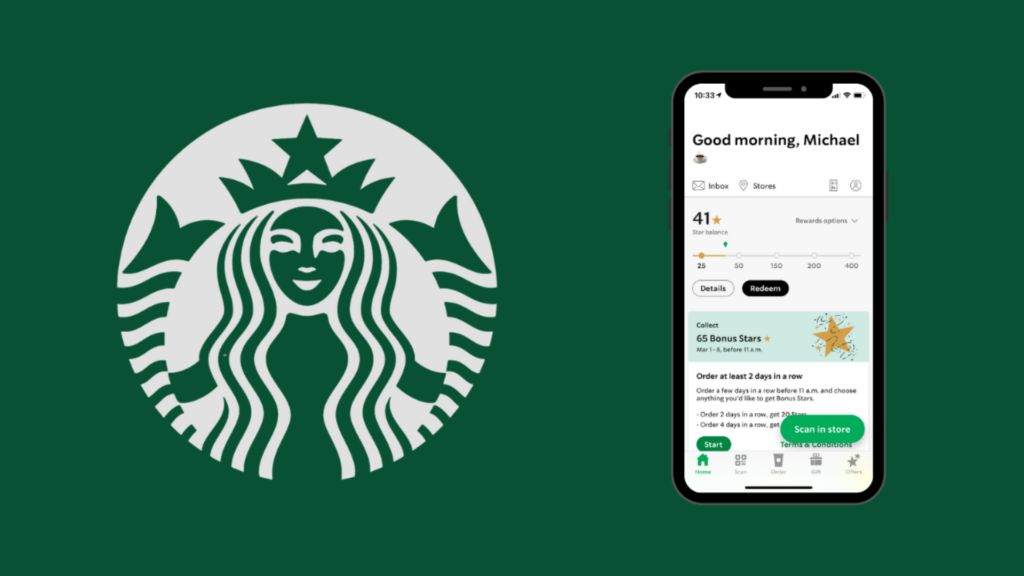
Niccol said Starbucks is working to improve the accuracy of the app’s timing so customers know when their drinks are ready. He also wants to separate mobile order pickups from in-person ordering in the coffeehouse and limit how much customers can customize their drinks.
This move can benefit customers who prefer to skip the line and grab their coffee on the go. The plan will reduce wait times and improve the in-app experience to better serve customers. It would also lead to the end of crowded counters for Starbucks customers with mobile orders.
2. Simplifying the Menu
Breaking News! Starbucks will be removing some options from its menu. According to Brian Niccol, the coffee chain needs to focus on providing “fewer, better” options. He believes simplifying the menu will make it easier for baristas to make every drink accurately. This move will cut down on preparation times and improve their service speed since they’ll have fewer drink recipes to remember.
The Starbucks menu can sometimes be overwhelming with many items, from coffees to teas, blended drinks, snacks, and seasonal specials. Niccol focuses on popular items to make choices easier for customers while speeding up order fulfillment for baristas.
Niccol also said Starbucks would be reviewing options in the menu that would take longer to prepare if the four-minute standard was already in place. While some customers may be disappointed by the changes, Niccol said they’ll appreciate faster, more consistent service with time.
ALSO READ: Incoming CEO Brian Niccol Faces the Challenge of Fixing Starbucks’ Mobile App Issues
3. Reintroducing the “Third Place” Café Atmosphere
For many customers, Starbucks is more than just a coffee shop; it’s a “third place” to relax, work, and socialize outside their homes and offices. Starbucks’ reputation as a “third place” contributed to its growth into a global powerhouse, but somewhere along the way, it lost that reputation.
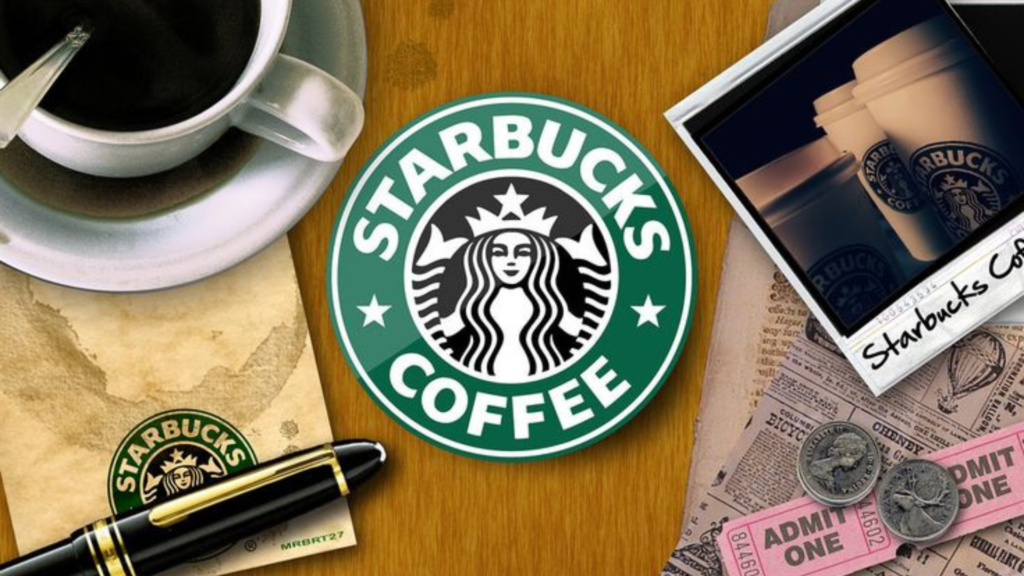
As part of Niccol’s “Back to Starbucks” plan, he wants to reintroduce this “third place” atmosphere. He intends to bring more personal touches to Starbucks coffee shops by serving coffee in ceramic mugs to customers who choose to spend time in cafes.
Starbucks is also reviewing its store designs, with a focus on restoring more welcoming and comfortable seating and amenities for customers. Niccol believes reviving this welcoming atmosphere will promote community and restore Starbucks as a unique social space.
4. Restoring Condiment Bars for Convenience
The condiment bar behind the counter is an often-missed element of the Starbucks experience. It was temporarily removed in many locations during the early days of the COVID pandemic so customers could no longer add milk, sugar, and other add-ons to their drinks.
Since then, when customers want to add milk or sugar to their drinks, even if it’s a basic drip coffee, they have to ask baristas directly. Regular customers have been frustrated by the lack of these self-serve stations, but Starbucks is bringing it back.
Brian Niccol plans to restore condiment bars across all locations. This will allow customers to customize their drinks easily and quickly without having to wait for additional help from baristas. This small but impactful change will free up more time for baristas and ease some customer headaches.
Additionally, it reflects Niccol’s commitment to improving the in-store experience, making it easier for customers to get their orders just right while reducing wait times for others in line.
5. Enhancing Café Staffing and Scheduling
One of Niccol’s top priorities is improving staffing and scheduling at Starbucks cafes. Demand can fluctuate throughout the day as the brand expands its mobile order and pickup options.
However, baristas face a heavier workload and longer wait times during peak hours due to inconsistent staffing levels. Niccol aims to finally address the staffing issues baristas have complained about for quite some time.
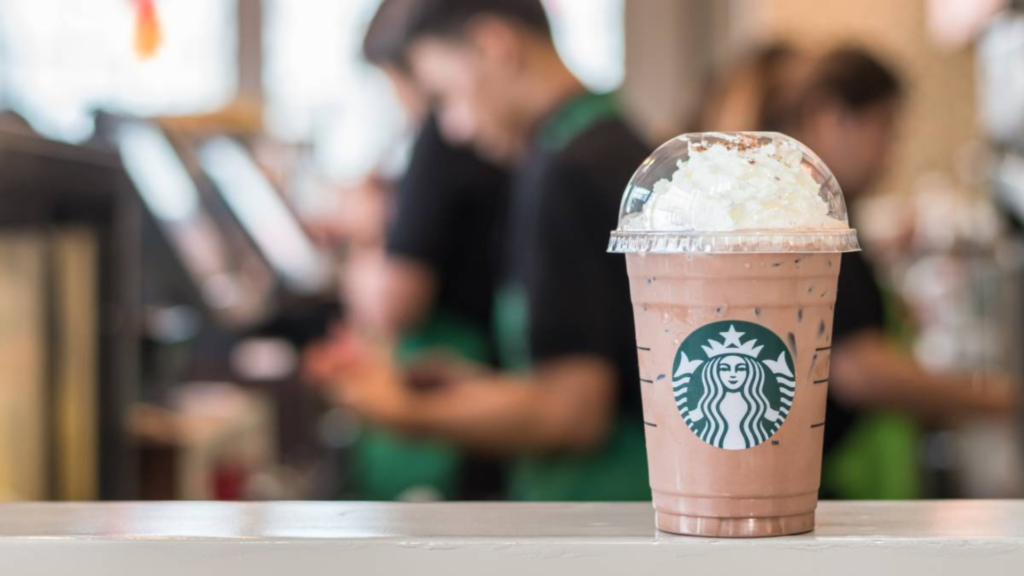
According to CNBC, the coffee chain is offering more shifts and more consistent scheduling and ensuring that busy mornings and other peak hours are properly staffed. Niccol’s strategy includes giving baristas the resources to handle busy periods more effectively and optimizing staffing schedules to ensure adequate service during peak hours.
Enhanced staffing also means training baristas to provide a more personalized and attentive customer experience. Niccol is committed to ensuring that Starbucks’ baristas are well-supported and motivated because he understands that giving great service requires a motivated and engaged team.
ALSO READ: Customers Share Their Nightmarish Experiences on the Worst Starbucks Drinks Ever
6. Refining Marketing Strategies
Since Brian Niccol’s first week on the job in early September, he has stated that he wants to revamp the company’s marketing. Under his leadership, Starbucks will see a renewed focus on refining its marketing strategies to target a larger audience, especially younger customers than just Starbucks Rewards members, to showcase Starbucks coffee’s quality.
Niccol’s marketing background at Procter & Gamble and Yum Brands before leading Taco Bell and Chipotle has shown he understands how to generate marketing campaigns that resonate with consumers. With the competition in coffee and specialty drinks, he recognizes the need for targeted, innovative marketing at Starbucks.
Niccol’s strategy also includes the controversial decision to offer fewer drink promotions. He claims that discount-driven offers are “ineffective” and only burden the baristas. So customers can expect to see fewer deals as part of the marketing change.
This proposed strategic marketing transformation will likely include digital ads and campaigns, social media engagement, influencer partnerships, and customer loyalty programs. By tailoring marketing to the preferences of today’s customers, Starbucks can build brand awareness and draw in new consumers.
7. Eliminating Extra Charges for Dairy Alternatives
Recently, customer demand for dairy-free options has grown, with plant-based milks like almond, soy, oat, and coconut milk gaining popularity. Many customers have expressed dissatisfaction with the additional charges Starbucks imposes for these options.
After years of customer pleading, Niccol plans to finally remove the extra charge for its milk substitutes, which is great news for lactose-intolerant coffee drinkers. Starting November 7th, 2024, the coffee giant will stop charging more for nondairy milk at its corporate-owned and operated cafes across North America. The option to select oat, soy, or coconut milk is the company’s most popular customization after an extra shot of expresso.
According to Starbucks, the change means some customers could save more than 10% on the cost of the drinks. This move will also make the company more accessible and appealing to customers with dietary preferences or restrictions.
Removing the extra cost for dairy alternatives aligns with Starbucks’ commitment to sustainability, as plant-based options have a lower environmental impact. By removing this barrier, Niccol hopes to encourage more customers to switch, supporting Starbucks’ broader environmental goals.
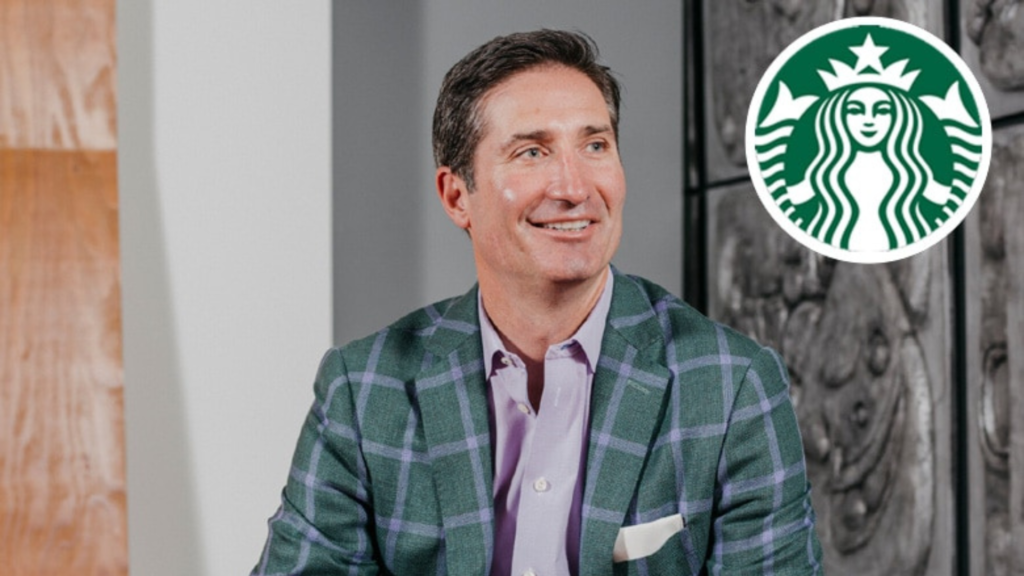
Niccol’s vision for Starbucks goes beyond mere simple operational changes; it’s about reconnecting with customers and improving their experience in every way possible. This transformation aims to make Starbucks more convenient, welcoming, and aligned with the changing demands of coffee drinkers today.
As Starbucks implements these initiatives, regular customers and newcomers may find more reasons to visit, enjoy their favorite drinks, and take in the unique Starbucks experience. As Starbucks continues to evolve, watching how these changes play out and how they appeal to coffee lovers worldwide will be interesting.

